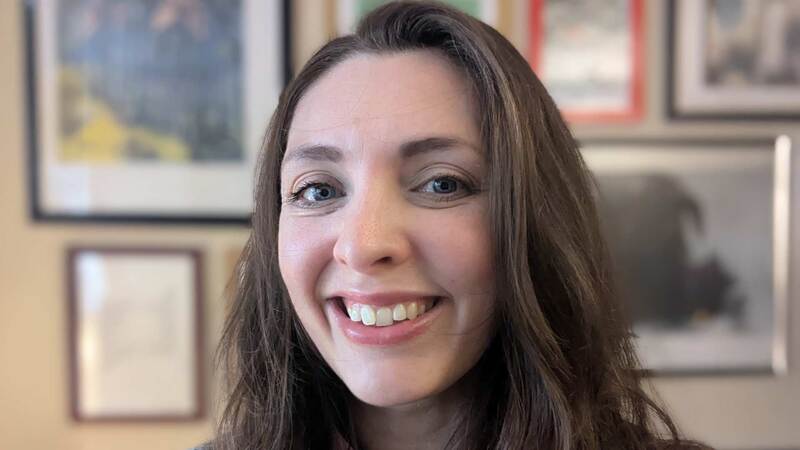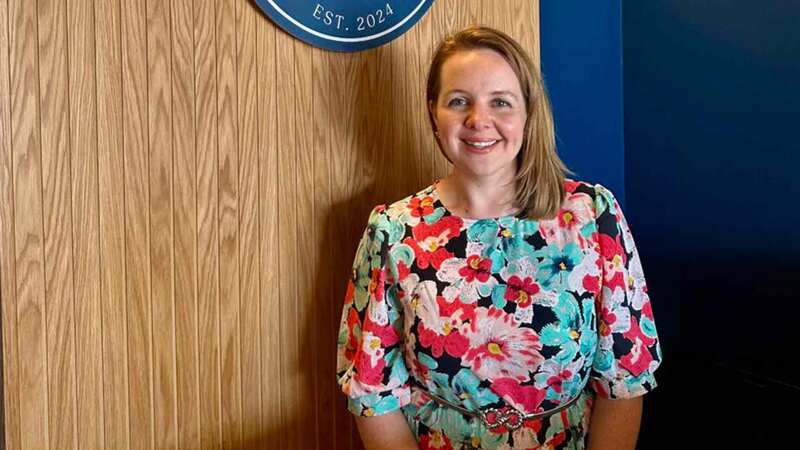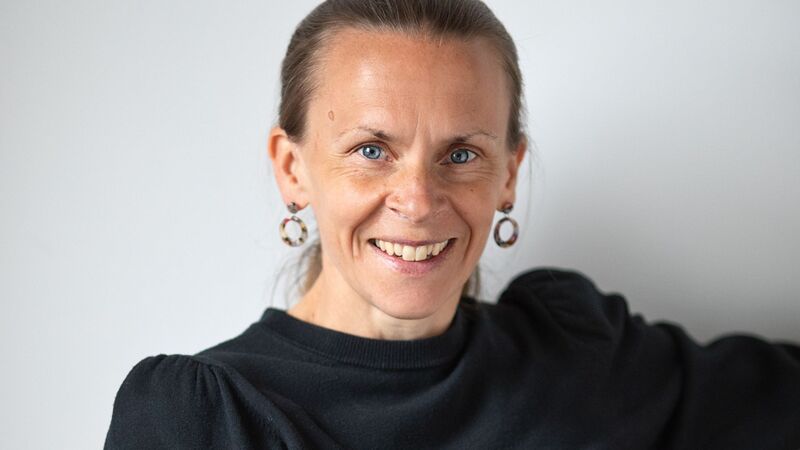You are viewing your 1 free article this month. Login to read more articles.
Only 37% of Scottish books written by women, research shows
Only 37% of books published in Scotland over the course of 2017 were written by women, showing gender inequality is still “structural and persistent”, according to new research shared by pressure group ROAR.
The group, which includes members from Scottish PEN, Creative Scotland, Scottish Book Trust and Waterstones, was set up in 2016 to address inequality in Scottish writing and publishing.
According to research, covering Janaury to Decemnber 2017, by University of Stirling doctoral researcher Christina Neuwirth, the genre where women fared worst was non-fiction about Scotland, with only four women published in 2017, compared to 30 men. In the thriller, mystery and crime genre, double the number of men were published compared to women, and for the humour and sports books category, no women were published at all.
There were only three genres where women were more represented than men - literary narrative non-fiction, where nine women were published compared to one man, and romance fiction, with 11 women authors and three male authors. Children’s literature and historical fiction were the most balanced genres, with 40 women and 37 men being published in the former, and five men and five women published in the latter category.
Scottish media coverage of literature was also analysed by the study, revealing that in 2017, national newspapers the Herald and the Scotsman published reviews of 604 authors' books: 65% of authors reviewed were men, and 35% were women.
Book festivals in Scotland fared better and were found to be more representative of gender compared to publication or media coverage.
Professor Claire Squires, professor in publishing studies at the University of Stirling, said: “The ongoing research underpinning ROAR’s investigations into our lived experience of inequalities in the literature and publishing sector are revealing. In particular, women are disadvantaged in terms of book reviewing, and in terms of the proportions of Scottish non-fiction books. This gender discrimination must be addressed in order to make the sector – and the country – a fairer, more representative, and more democratic space.”
Jenny Kumar, communications officer for Literature Alliance Scotland, said: “This important research demonstrates unequivocally that we collectively have a long way to go to level the gender playing field, and that as a sector we need to work together and take responsibility to contribute towards positive change in all that we do, every day.
“For LAS and our members that means driving for better representation and inclusivity at all levels across all our activities to better reflect the society we live in. It means listening and learning and recognising that stereotypes around gender in writing and publishing need to be challenged and that it starts with us and our work. It means paying attention to the way we work and building opportunities and programmes that are open and inclusive. It means that we need to roll our sleeves up.”
The research 'Women of Words: Gender equality in contemporary writing and publishing in Scotland' was funded by Arts and Humanities Research Council and Scottish Graduate School for Arts and Humanities.

















